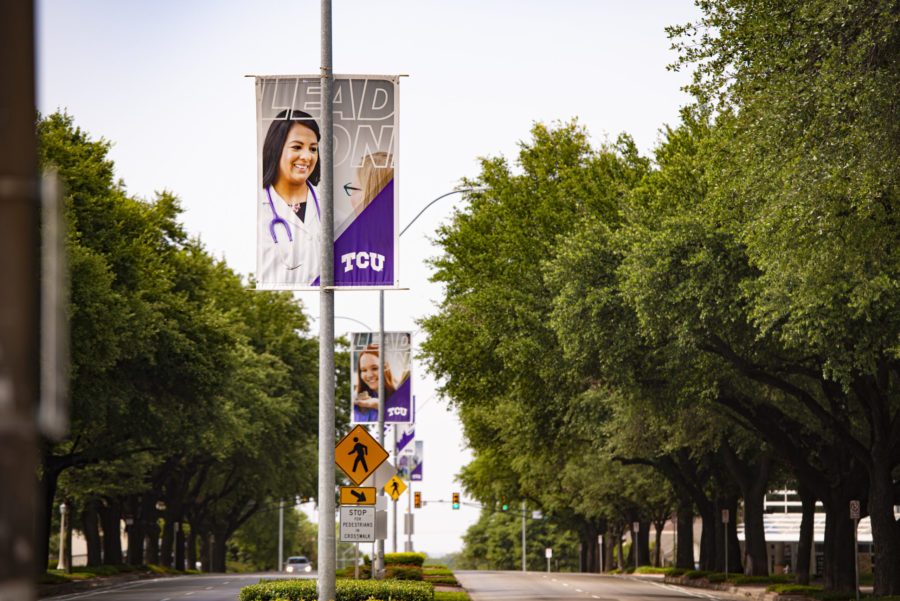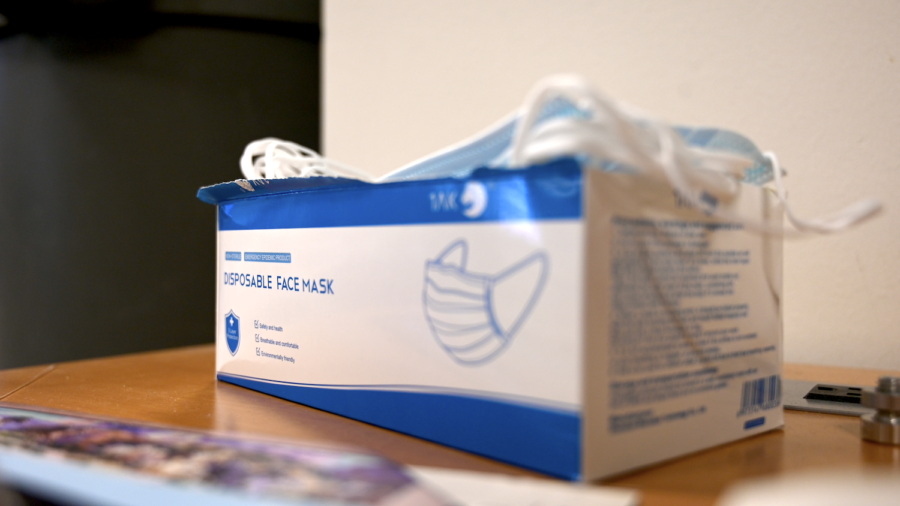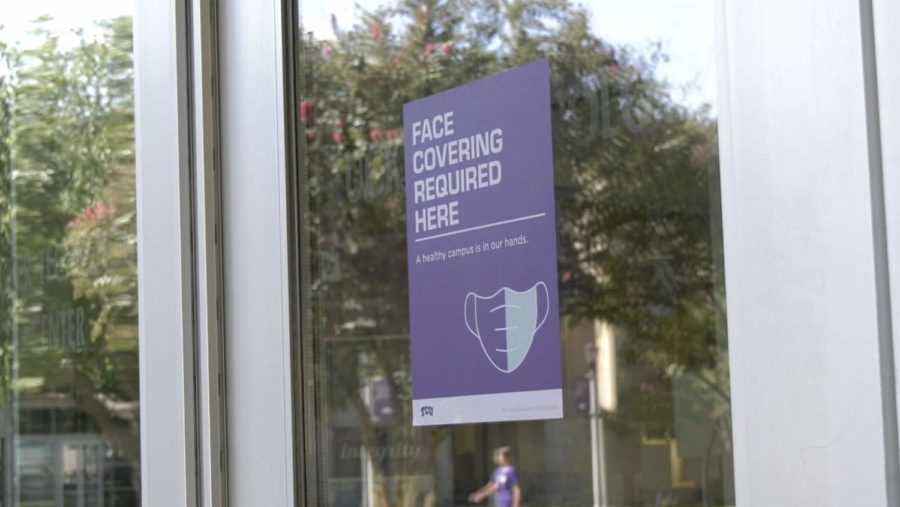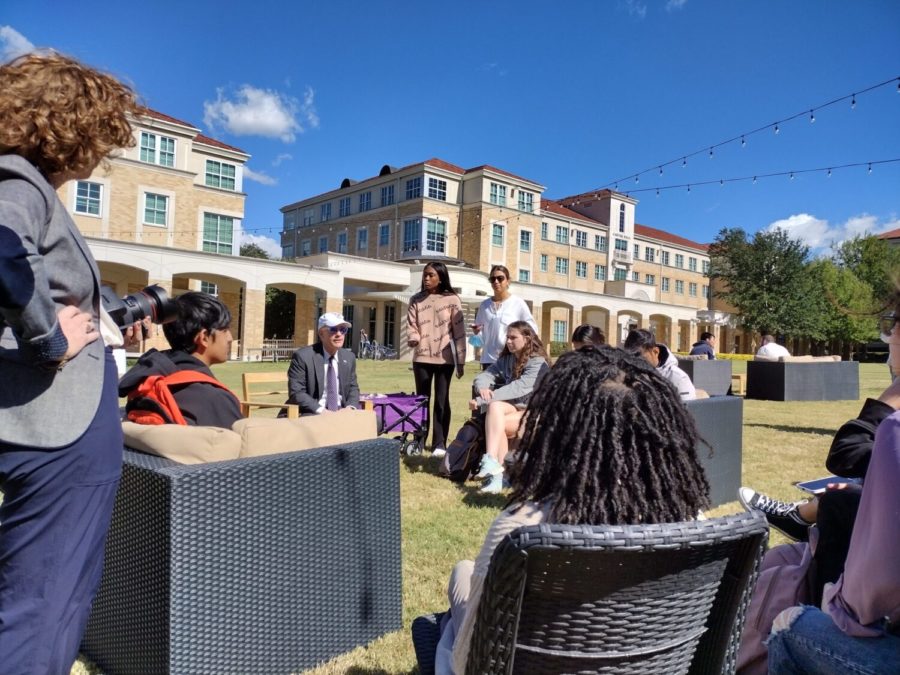TCU asked students to practice self-monitoring and prevention strategies for 14 days before they return to campus next month, but the university will not require them to get tested for COVID-19 when they arrive.
The information came in an email sent Thursday to students by Vice Chancellor for Student Affairs Kathy Cavins-Tull.
Cavins-Tull asked students to avoid gatherings that don’t follow the recommended prevention strategies in the two weeks before they return to campus. She also recommended students who have access to testing during this period get one.
“The combination of a negative COVID-19 test and following prevention strategies will allow you to move to campus with greater confidence that you are not ill. This is a recommendation because we know that testing is not easily obtained in some parts of the country and the world, thus the prevention strategies are paramount,” she wrote in the email.
Cavins-Tull added that the Centers For Disease Control and Prevention (CDC) does not recommend entry testing, and the university will instead focus on other prevention strategies.
These strategies were laid out in a public health guidance and include daily health self-assessments, required face coverings and thorough contact tracing once a positive case is determined.
“While these strategies may be inconvenient to some, they are not difficult, and will make a big difference in our ability to stay healthy and on campus.”
Kathy Cavins-Tull
Students who test positive for COVID-19 and have been asked to self-isolate will “ideally” be provided with a health kit that includes a face covering, gloves, digital thermometer, alcohol-based hand sanitizer, educational materials relating to COVID-19 and instructions for cleaning their living space, according to the health guideline.
According to a survey of 70 U.S. institutions by the educational firm EAB, 67% of universities will be providing all students with similar kits when they arrive on campus. Of those, 27% are including thermometers in the kits.
If students have to isolate on campus, TCU will deliver meals, arrange for laundry and provide telehealth assessments.

The Brown-Lupton Health Center will also be prepared to test any student who is symptomatic or has been exposed, Cavins-Tull wrote. TCU has partnered with the University Urgent Care Clinic (UUCC) for after-hours and weekend testing.
“A successful semester requires that all community members assist with common sense self-monitoring and prevention strategies outlined by the CDC and endorsed by the University,” Cavins-Tull wrote.
Enforcing practices such as wearing masks and social distancing is a topic faculty and staff expressed concern about in the last town hall meeting with Chancellor Victor Boschini.
According to the EAB survey, 17% of institutions are updating their code of conduct to include social distancing or quarantine guidelines, while 37% are considering making changes.
Next week, Boschini will provide information about how students can play an active role in the health of the university community, Cavins-Tull wrote.










